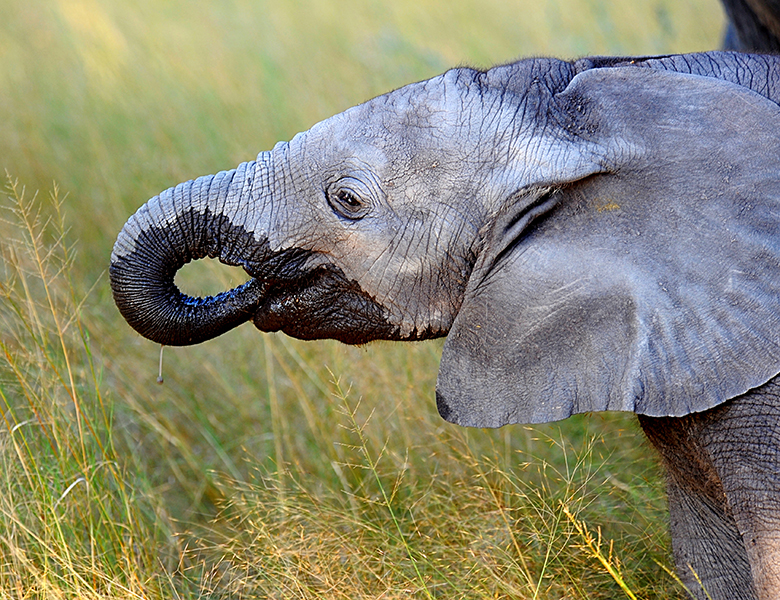Today is World Wildlife Day! World Wildlife Day celebrates our wild animals and plants. Check out the UN’s World Wildlife Day website: World Wildlife Day will be celebrated in 2021 under the theme “Forests and Livelihoods: Sustaining People and Planet”, as a way to highlight the central role of forests, forest species and ecosystems services in sustaining the livelihoods of hundreds of millions of people globally, and particularly of Indigenous and local communities with historic ties to forested and forest-adjacent areas.
What good can we do: the UN’s World Wildlife Day website gives a list of ways that we can protect wildlife every day: #DoOneThingToday
- Set a Goal: Live your daily life with the smallest negative impact on the environment, wildlife, their habitats, or the planet’s biodiversity.
- Mobilize: Encourage local schools, clubs, governments and businesses to discuss wildlife conservation and what you and your community can do to help.
- Consume Responsibly: By not purchasing products made from illegally sourced, protected wildlife or their parts and products, you can stop wildlife trafficking from being a profitable enterprise. More information can be found through your national or local wildlife authorities or the Convention on International Trade in Endangered Species or Wild fauna and Flora (CITES).
- Volunteer: We cannot always give money, but we can donate our time. Often wildlife organizations and zoos have volunteer programs. You could also help clean beaches, rescue wild animals or teach tourists about your local habitat.
- Stay informed: Learn more about our planet’s flora and fauna, including those that are in danger of extinction. Research ways that you or your community can conserve and protect wildlife. Inform yourself on current environmental matters and be aware of your individual impact on ecosystems and wildlife. Think globally, act locally.
- Speak up: Share your knowledge, passion and questions about wildlife conservation with your friends, family and community – either in person or online.
- Reach out: Inform authorities if you have information on illegal logging, fishing and wildlife trafficking; whistle-blowers play a critical role in detecting wildlife crimes and holding criminal smugglers accountable.
I took this photo of a baby elephant in Botswana.

